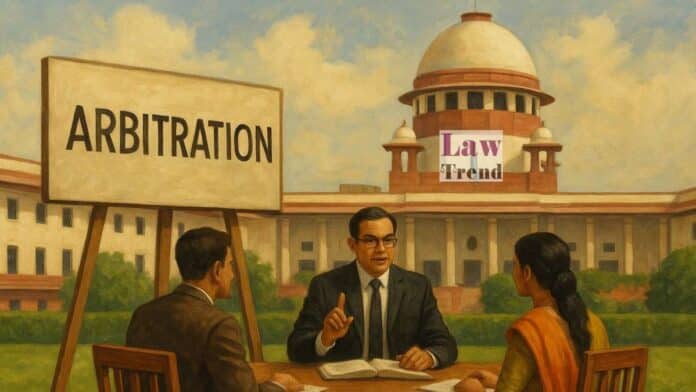In a landmark Constitution Bench judgment delivered on 30 April 2025, the Supreme Court of India in Gayatri Balasamy vs. ISG Novasoft Technologies Limited [Civil Appeal Nos. of 2025 (@ SLP (C) Nos. 15336-15337 of 2021)] held that courts exercising jurisdiction under Sections 34 and 37 of the Arbitration and Conciliation Act, 1996, possess a
To Read More Please Subscribe to VIP Membership for Unlimited Access to All the Articles, Download Available Copies of Judgments/Order, Acess to Central/State Bare Acts, Advertisement Free Content, Access to More than 4000 Legal Drafts( Readymade Editable Formats of Suits, Petitions, Writs, Legal Notices, Divorce Petitions, 138 Notices, Bail Applications etc.) in Hindi and English.




